Blog Posts Tagged Technical Content
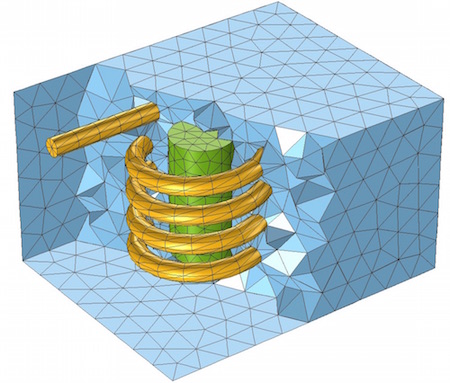
Improving Your Meshing with Swept Meshes
Get a demonstration of using swept meshing to generate efficient and accurate finite element meshes for some common modeling cases, such as calculating the fluid flow through a network of pipes.
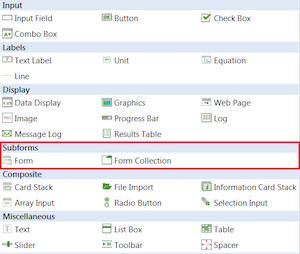
How to Organize Your Simulation App Using Subforms
It is important that simulation apps are as organized as possible for ease of use. Learn how to create organized apps in COMSOL Multiphysics® by using subforms and form collections.
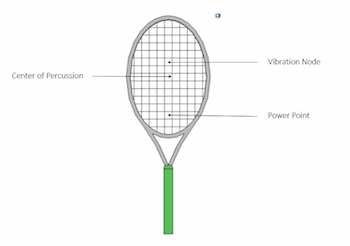
The Physics of Tennis Racket Sweet Spots
Whether you’re a tennis pro or new to the courts, you might enjoy this blog post examining the physics behind the “sweet spots” of a tennis racket.
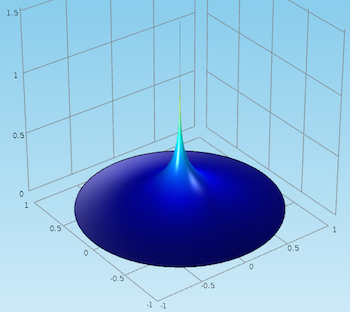
How to Implement a Point Source with the Weak Form
Learn how to implement a point source with the weak form in the COMSOL® software. Part 2 of a blog series discussing the weak formulation.
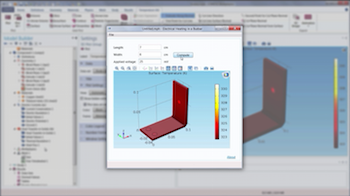
How to Build an App from a COMSOL Multiphysics® Model
Get a brief intro to building a simulation app from a COMSOL Multiphysics® model using the Application Builder. Includes a 10-minute step-by-step tutorial video.

Using General Extrusion Operators to Model Periodic Structures
If your multiphysics model includes a periodic solution to one physics and nonperiodic solutions to other physics of interest, you can exploit the periodicity to reduce computational requirements!

Computing Design Sensitivities in COMSOL Multiphysics
You can compute design sensitivities via the core functionality of COMSOL Multiphysics®. We show you how with a parallel plate capacitor example.
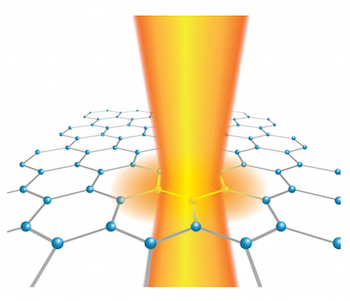
Should We Model Graphene as a 2D Sheet or Thin 3D Volume?
Graphene is a 2D sheet of carbon atoms that is 1 atomic layer thick. However, is graphene actually 2D or is it just incredibly thin, like a very fine piece of paper? How should it be modeled?
